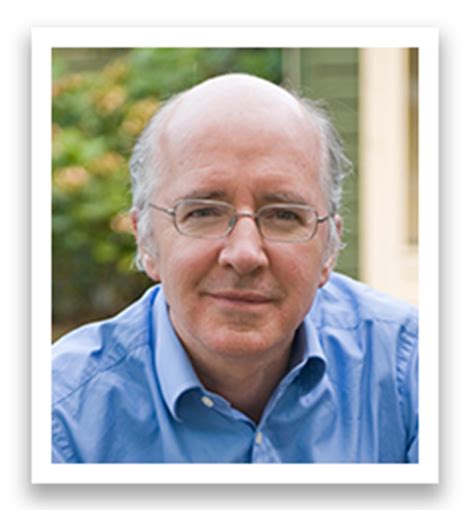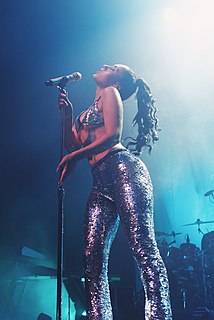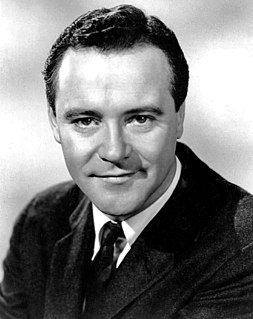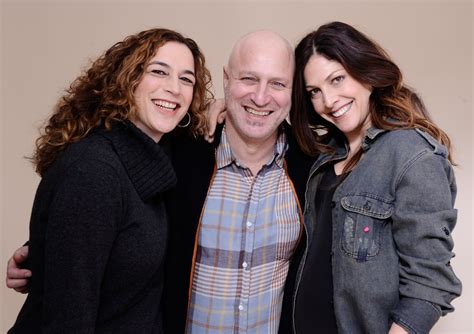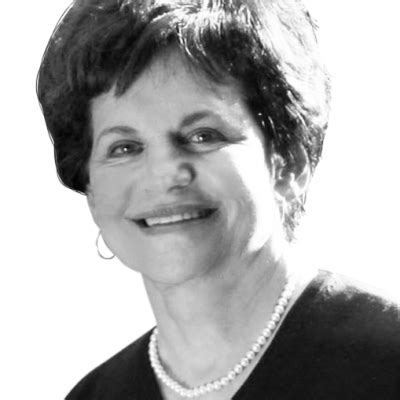A Quote by John Gimlette
We don't really listen to what the other person is saying. We have gotten used to information being in such a concentrated form all the time, and so continuously, that conversation somehow seems inadequate for a lot of people, and therefore they can't join in it. You notice how many people can't argue anymore - without getting very upset.
Related Quotes
Back in the day, I used to get really upset when people used to say that I didn't really make all my own things - like my art or my videos or whatever. I work really hard on everything, so it used to upset me when people would try to discredit me or say that I wouldn't have what I had without this person or that person.
I get very, very, very irritable with people who complain about getting old, because I know a lot of people who would gladly trade places with us. I'm not saying it's easy, I'm not saying it doesn't hurt your feelings, I'm not saying it's not painful - and physically as well as mentally and spiritually - and it's frightening at times. However, people have really lost perspective, and it's a really bizarre topic of conversation that it's become a cultural peg in our world that aging is a bad thing. It's not logical to me.
I would argue heavily that the time that has been allocated to social used to come from television, and people are benefitting from it. People who are saying, 'Aw, you're spending all your time on Facebook, or all your time on Twitter,' I'd like to understand what the person used to do with that time.
Most people don't know how to listen because the major part of their attention is taken up by thinking. They pay more attention to that than to what the other person is saying, and none at all to what really matters: the Being of the other person underneath the words and the mind. Of course, you cannot feel someone else's Being except through your own. This is the beginning of the realization of oneness, which is love. At the deepest level of Being, you are one with all that is.
We cannot avoid the globalization of knowledge and information. When I was a boy growing up in Kansas, I could never think about a Buddhist, or a Hindu, or Muslim, or even a Protestant - I grew up in such a Catholic ghetto. That's not possible anymore, unless you live in a cave or something. So either we have knowledge of what the other religions and other denominations are saying, and how they tie into the common thread, or we end up just being dangerously ignorant of other people and therefore prejudiced.
Acting doesn't have anything to do with listening to the words. We never really listen, in general conversation, to what the other person is saying. We listen to what they mean. And what they mean is often quite apart from the words. When you see a scene between two actors that goes really well you can be sure they're not listening to each other - they're feeling what the other person is trying to get at. Know what I mean?
It seems to me that the novel is very much alive as a form. Without any question, every epoch has its own forms, and the novel nowadays cannot resemble that of the nineteenth century. In this domain all experiments are justified, and it is better to write something new clumsily than to repeat the old brilliantly. In the nineteenth century, novels dealt with the fate of a person or of a family; this was linked to life in that period. In our time the destinies of people are interwoven. Whether man recognizes it or not, his fate is much more linked to that of many other people than it used to be.
The funny thing about good people—people like Daneca—is that they really honestly don’t get the impulse toward evil. They have an incredibly hard time reconciling with the idea that a person who makes them smile can still be capable of terrible things. Which is why, although she’s accusing me of being a murderer, she seems more annoyed than actually worried about getting murdered. Daneca seems to persist in a belief that if I would just listen and understand how bad my bad choices are, I’d stop making them.
